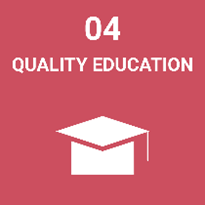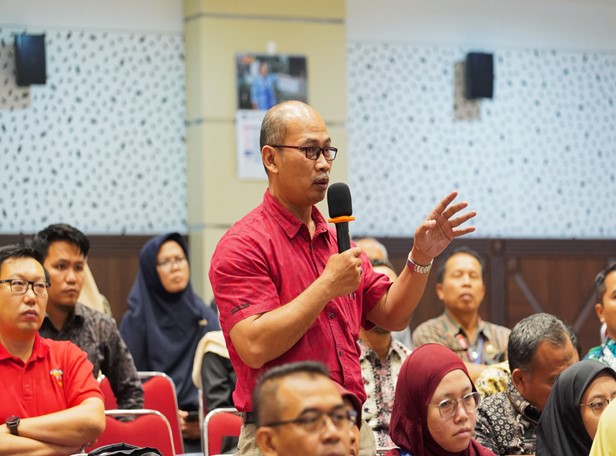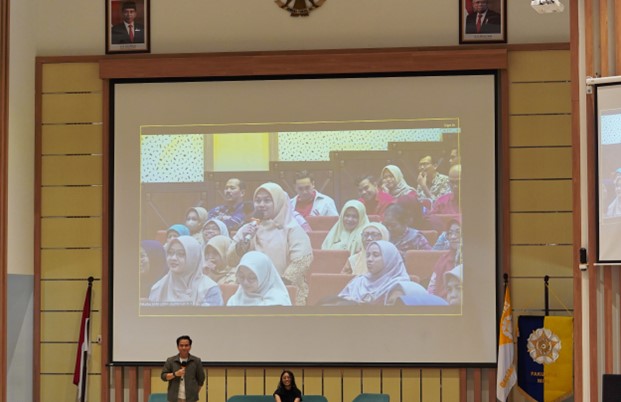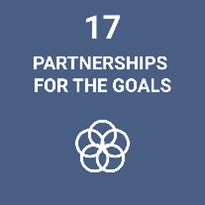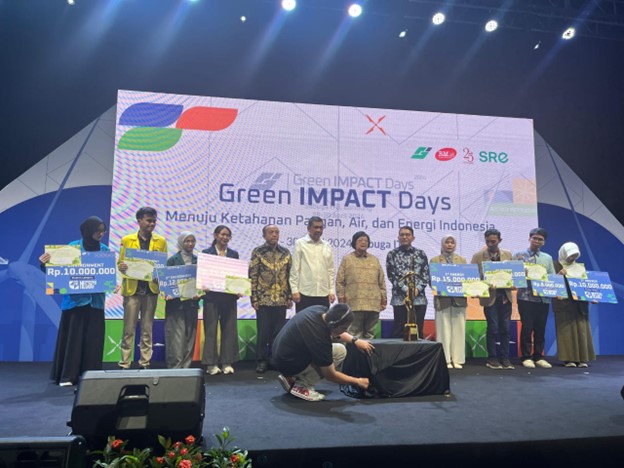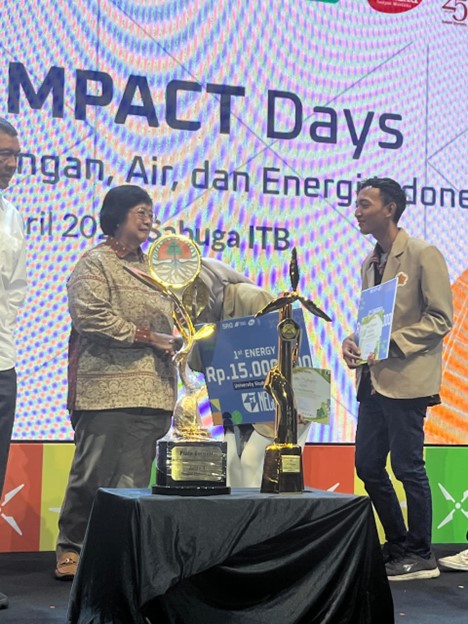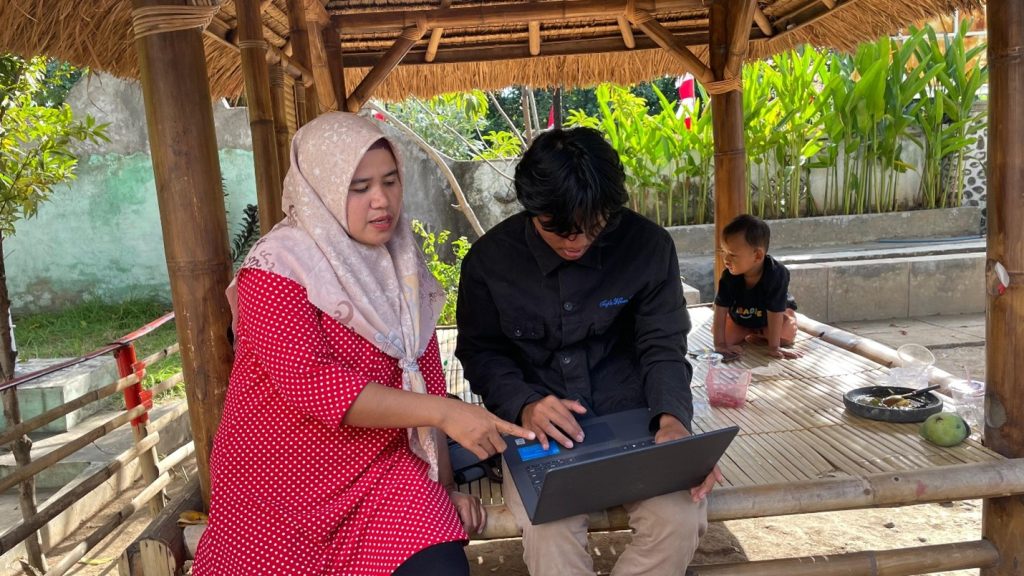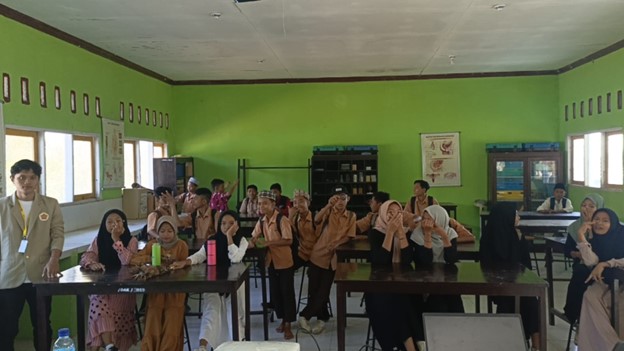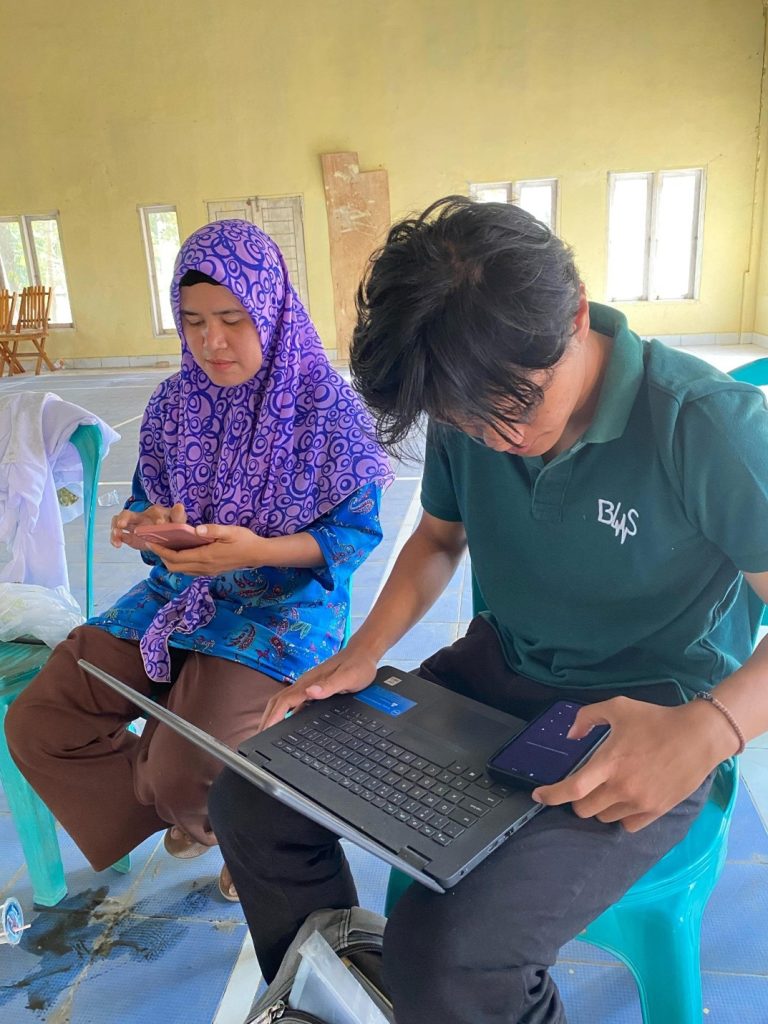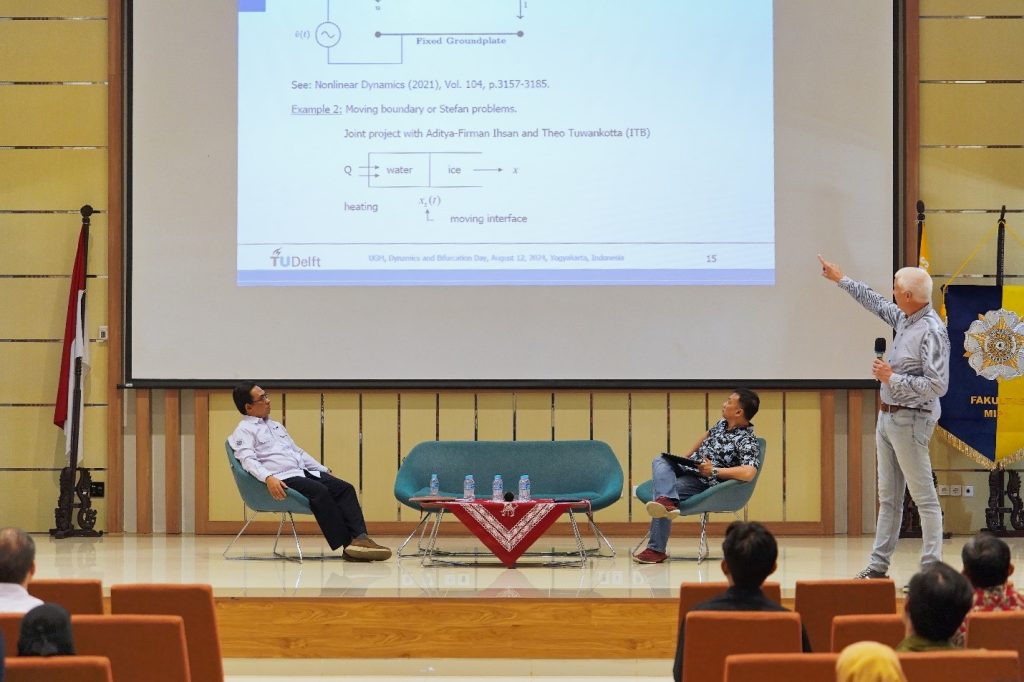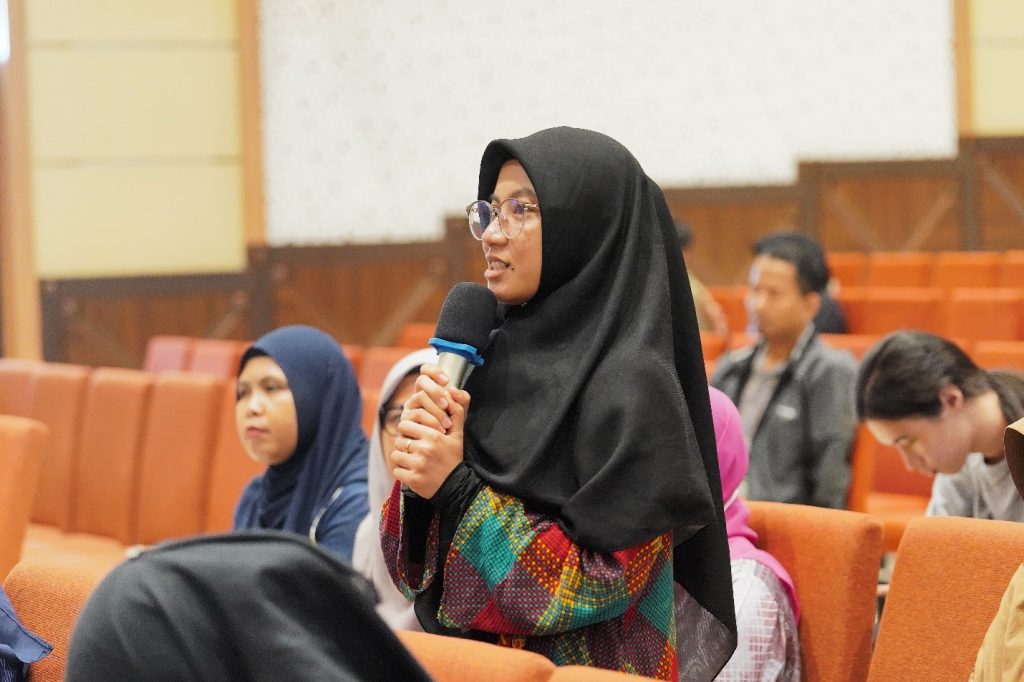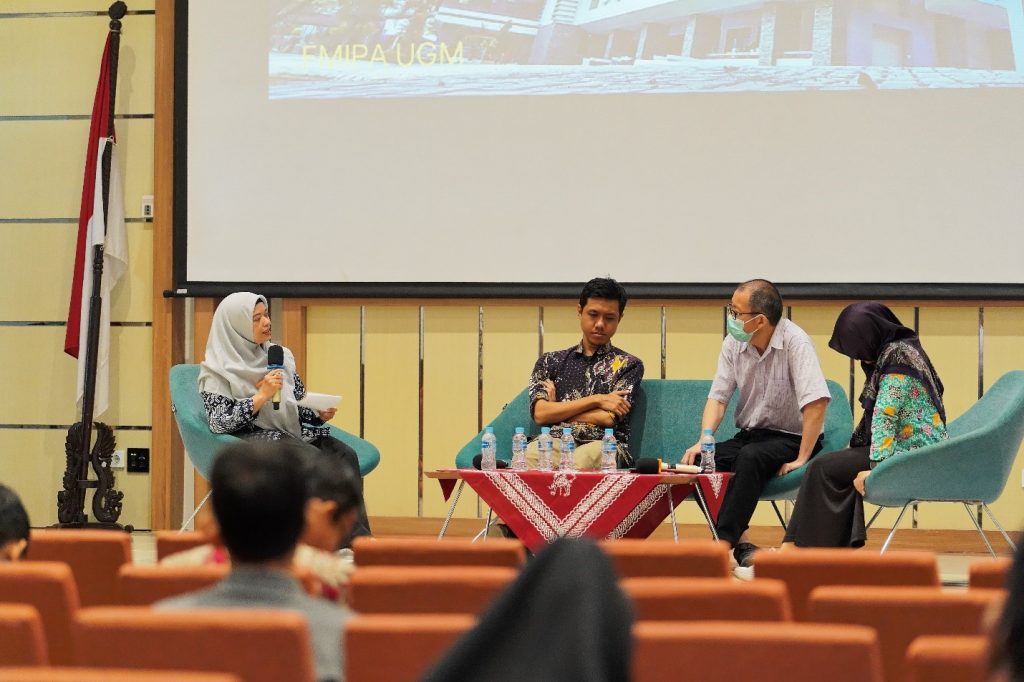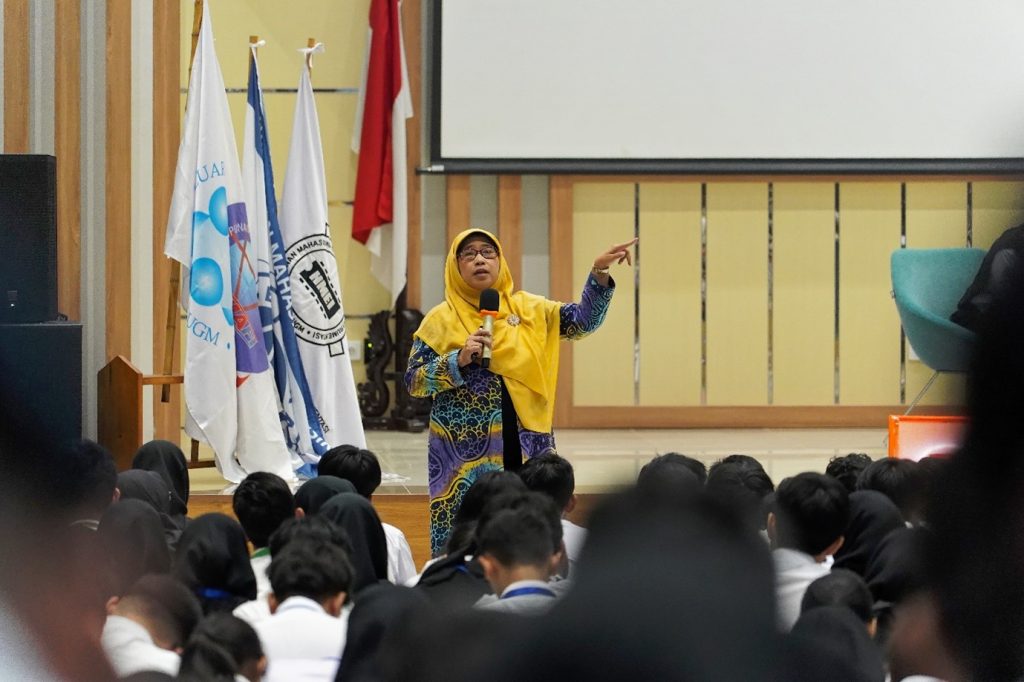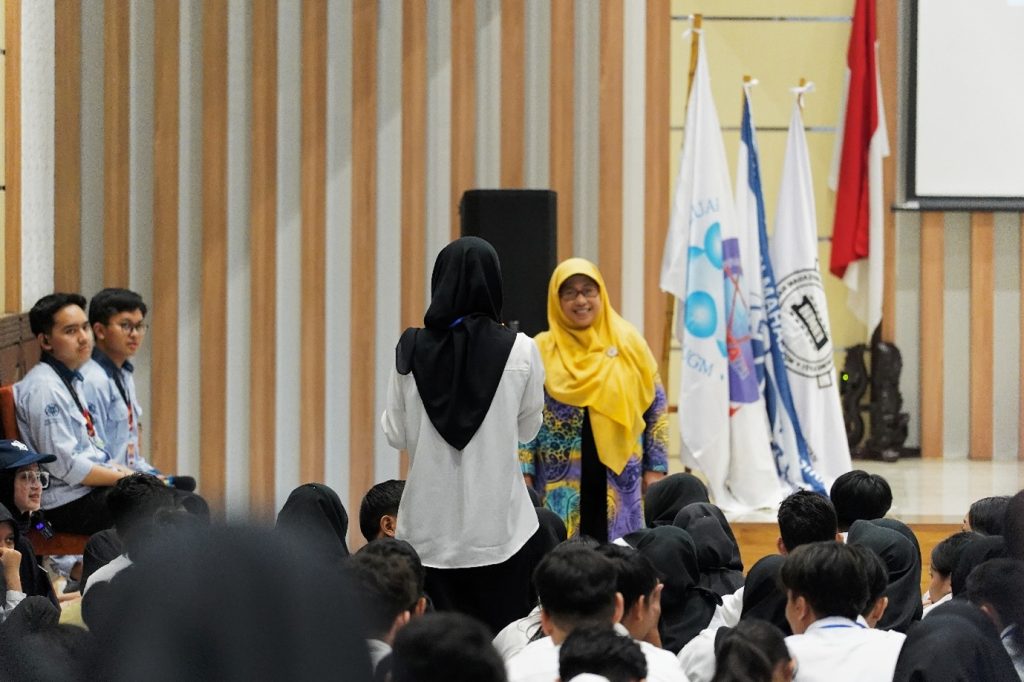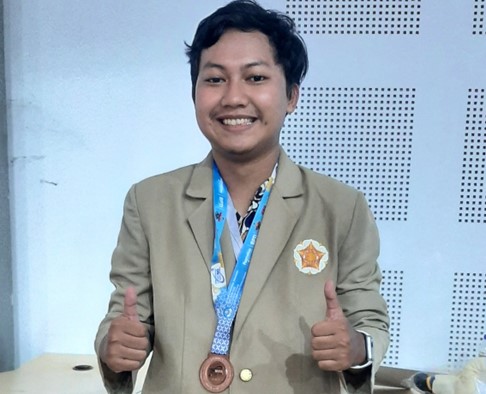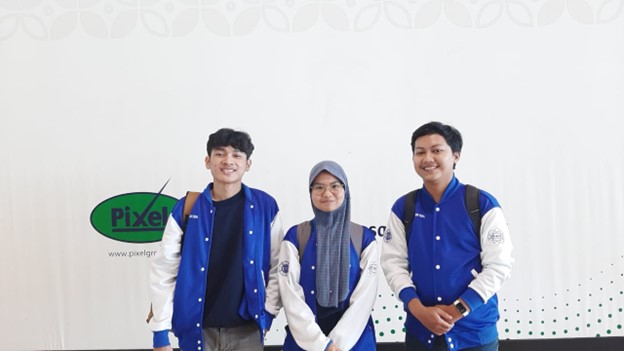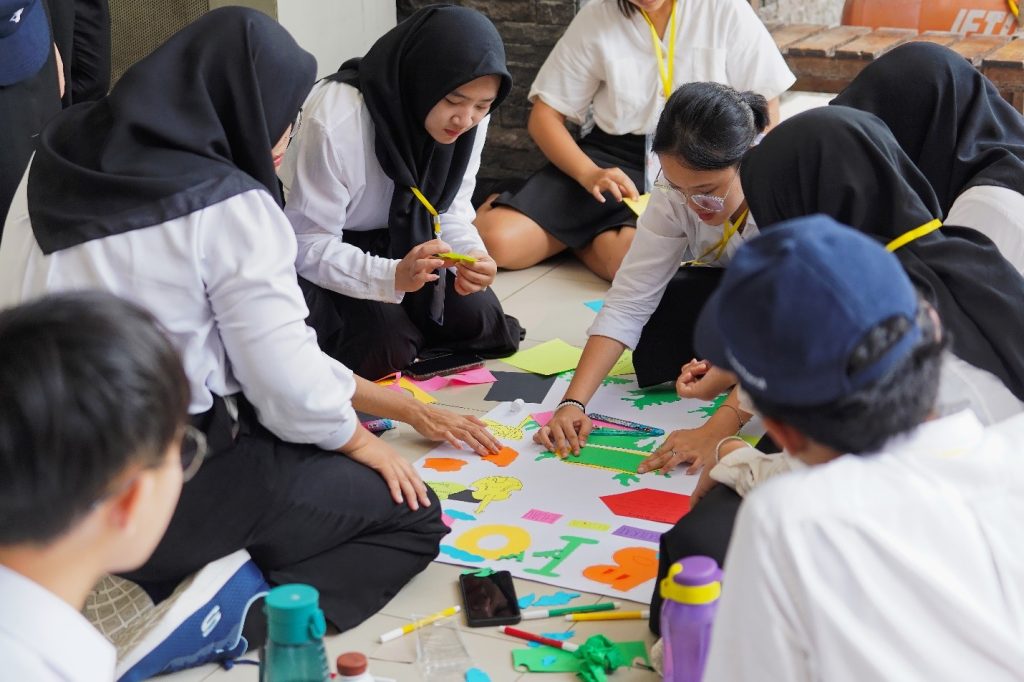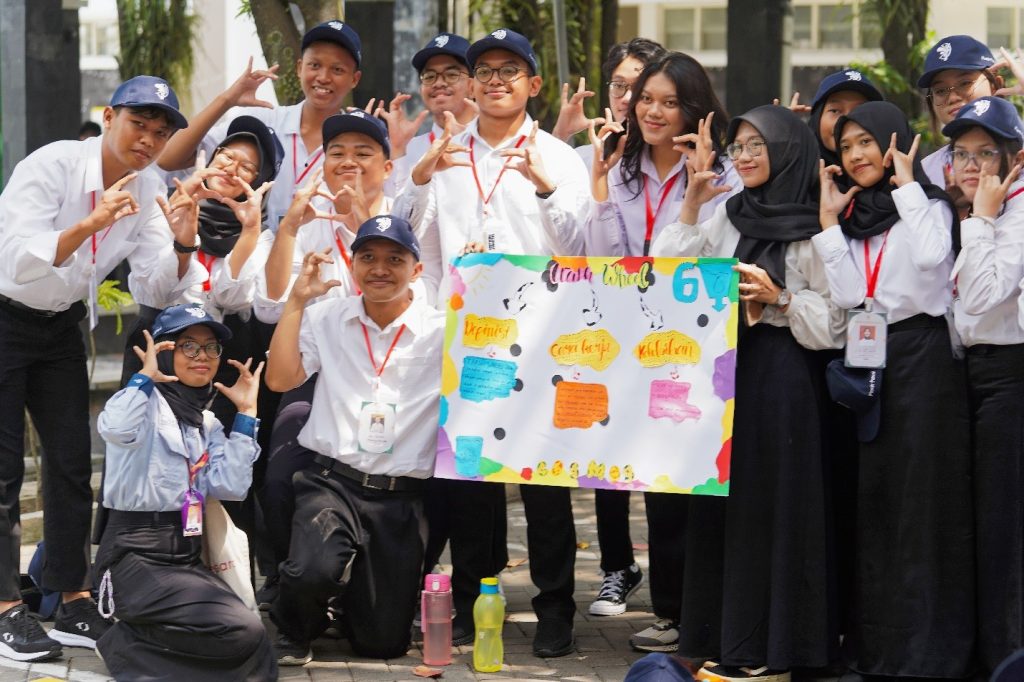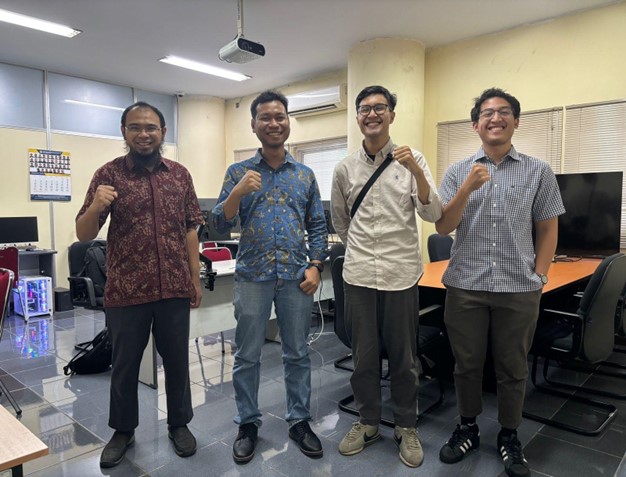
Inspiratif! Gabriel Kaunang Alumni Ilmu Komputer Dapatkan Beasiswa Combo Master-PhD di Amerika Serikat
Gabriel Kaunang, alumni program studi S1 Ilmu Komputer Universitas Gadjah Mada (UGM), berhasil melanjutkan studinya ke jenjang combo Master-PhD di universitas ternama di Amerika Serikat, yaitu University of Chicago, dengan mengangkat topik riset “system and machine learning”.
Perjalanan Gabriel diawali pada tahun keduanya menjadi mahasiswa yang mulai mencari tahu bidang dan minat yang ia inginkan. Melalui kolaborasinya dengan dosen pembimbing di FMIPA UGM, ia berhasil mempublikasikan sebuah paper mengenai Deep Reinforcement Learning (DRL) yang berfokus pada optimasi efisiensi energi dalam sistem HPC.
“Saat masih S1, pada tahun kedua saya memiliki keinginan untuk riset di bidang low-level systems. Saya mulai menghubungi salah satu dosen yang bekerja dalam bidang tersebut, yaitu Pak Alfian, untuk melakukan kolaborasi riset bersama dan kami berhasil mempublikasikan satu paper,” papar Gabriel dalam wawancara online, Selasa (6/8).
Kemudian, melalui program Garuda ACE, ia memulai kolaborasi risetnya bersama Prof. Yanjing Li dari University of Chicago yang juga merupakan profesor ternama lulusan Carnegie Mellon University dan Stanford University. Bagi Gabriel, pengalaman riset ini merupakan pengalaman yang menantang karena standar riset yang ditentukan Profesor Yanjing sangat tinggi sehingga membuatnya merasa bahwa komitmen dan kerja keras merupakan hal yang paling krusial dalam menjalani riset.
“Penting untuk memiliki kesiapan mental, komitmen tinggi, dan kemampuan berkomunikasi guna menghadapi tantangan riset karena masalah yang dihadapi saat riset biasanya belum memiliki solusi sehingga harus belajar dan mencoba banyak hal baru dengan pendekatan ‘learning by doing’ supaya masalah dapat terselesaikan,” papar Gabriel dalam wawancara online, Selasa (6/8).
Pada akhir masa studinya, ia diberikan arahan secara optimal untuk proses pendaftaran ke kampus secara administratif dan melalui prosedur. Berkat kegigihannya, Gabriel mendapatkan rekomendasi dari Prof. Yanjing Li untuk mendaftar program combo Master-PhD di AS. Kini Gabriel menjadi salah satu dari 10 mahasiswa peserta Garuda ACE yang berhasil diterima di program Master-PhD dengan beasiswa penuh, dan menjadi mahasiswa Indonesia yang dapat berkolaborasi riset dengan peneliti di Amerika Serikat. Ia diterima di 2 universitas di Amerika Serikat, yakni University of Chicago dan University of California, Irvine. Ia akan berangkat ke Amerika Serikat pada September 2024 untuk melanjutkan studi dan risetnya.
Keberhasilan Gabriel merupakan implementasi dari SDGs poin 4 tentang pendidikan berkualitas melalui penyediaan riset kolaboratif yang dilakukan oleh Fakultas MIPA dan SDGs poin 9 tentang industri, inovasi, dan infrastruktur. Rasa ingin tahu telah mendorong Gabriel untuk terus berinovasi mendalami cara kerja komputer, mulai dari pemrograman hingga memahami bagaimana hardware berfungsi. Hingga pada akhirnya menjatuhkan keputusannya untuk mendalami passionnya dalam bidang low-level system dan arsitektur komputer ke jenjang pendidikan yang lebih tinggi.
Penulis: Ratih Cintia Sari
Dokumentasi: Gabriel Kaunang
Editor: Febriska Noor Fitriana
